Inquiry report into Kathleen Folbigg’s convictions finds reasonable doubt the mother of four killed her children
Kathleen Folbigg may be a step closer to receiving compensation for the 20 years she spent behind bars over the deaths of her four young children.
Kathleen Folbigg is one step closer to clearing her name and receiving compensation following the release of the inquiry report into her convictions, with some experts now calling for law reform.
The mother of four was convicted in 2003 of the murder of three of her children and the manslaughter of a fourth child between 1989 and 1999.
She was sentenced to 30 years in prison and spent 20 years in jail before being released.
Ms Folbigg, now 56, has always maintained that she didn’t kill or harm her children; Patrick, Sarah, Laura and Caleb.
The four children each died suddenly between the ages of 19 days and 18 months during their short lives.
After years of fighting to prove her innocence, Ms Folbigg was unconditionally pardoned from Clarence Correctional Centre on June 12 after an inquiry found her children had died either of natural causes or a genetic mutation.
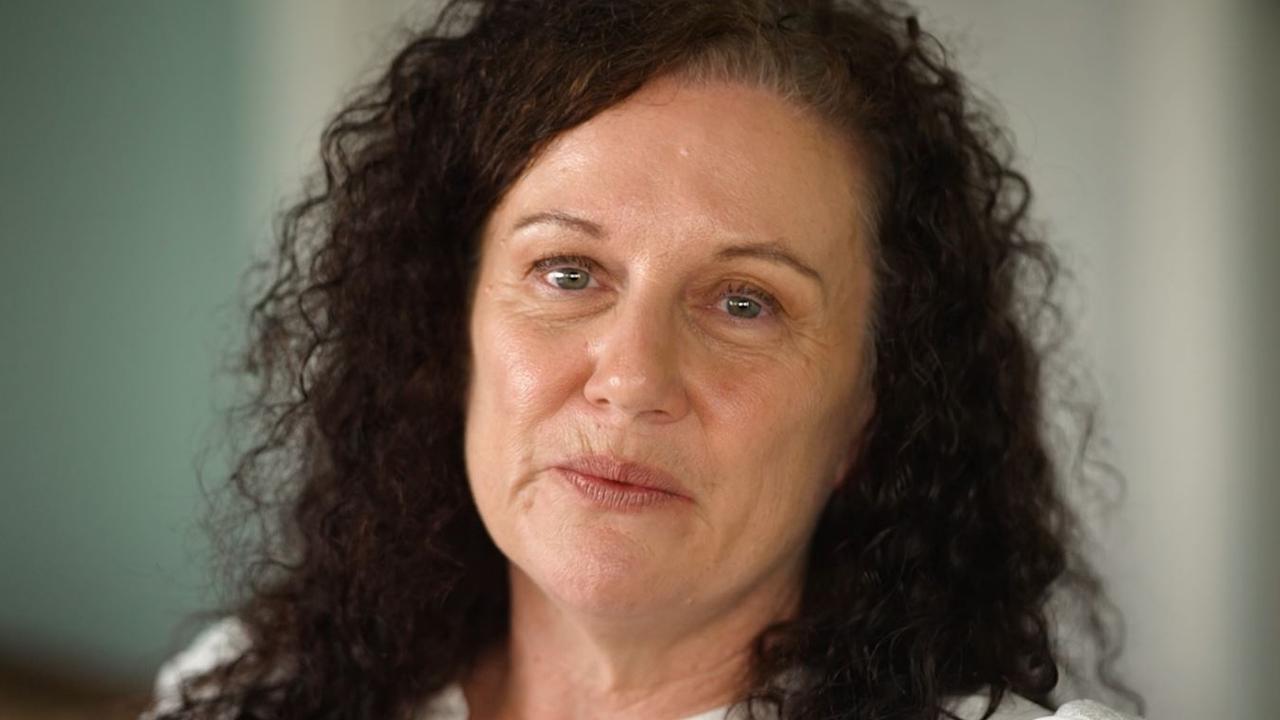
Former NSW chief justice Tom Bathurst AC KC spent months hearing evidence from medical experts about the rare genetic mutation CALM2G114R – believed to be linked to long QT syndrome, a heart-signalling disorder that can cause fast, chaotic heartbeats or arrhythmias.
A 2021 scientific report suggested at least the deaths of Laura, who died at 18 months, and her elder sister Sarah, who previously died at 10 months, were linked to a rare genetic variant.
It’s believed Ms Folbigg might have also shared the variant that her daughters had.
The fatal genetic mutation was not discovered by medical scientists until years after the deaths.
The experts told the inquiry that this meant the mutation would not have been part of the original investigation into the deaths.
“I have concluded that the relationship Ms Folbigg had with her children does not support the inference that she killed them,” Mr Bathurst said in the report released on Wednesday.
The initial criminal trial against Ms Folbigg had successfully argued the four children had been smothered by their mother, causing their deaths.
However, Mr Bathurst said he found that there was an “identifiable cause” for three of the children’s deaths and no direct evidence that Ms Folbigg killed her children.
He stated the Crown during the 2003 trial had failed “to exclude any reasonable hypothesis inconsistent with her guilt”.
Mr Bathurst also said he did not regard Ms Folbigg’s diaries, a key plank of the prosecution’s case against her in her 2003 trial, as containing reliable admissions of guilt.
Prosecutors during the 2003 trial had used her own words against her to argue Ms Folbigg had admitted to killing her children in the diaries.
“The evidence before the inquiry, at most, demonstrates that Ms Folbigg was a loving and caring mother who occasionally became angry and frustrated with her children. That provides no support for the proposition that she killed her four children,” Mr Bathurst said.
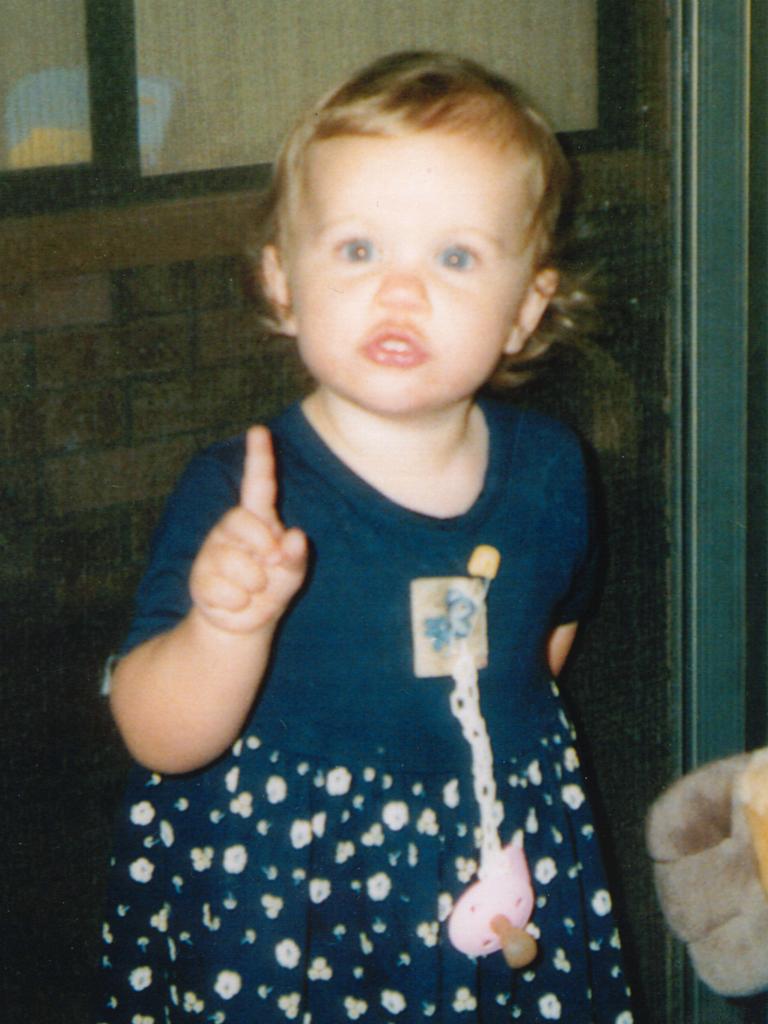
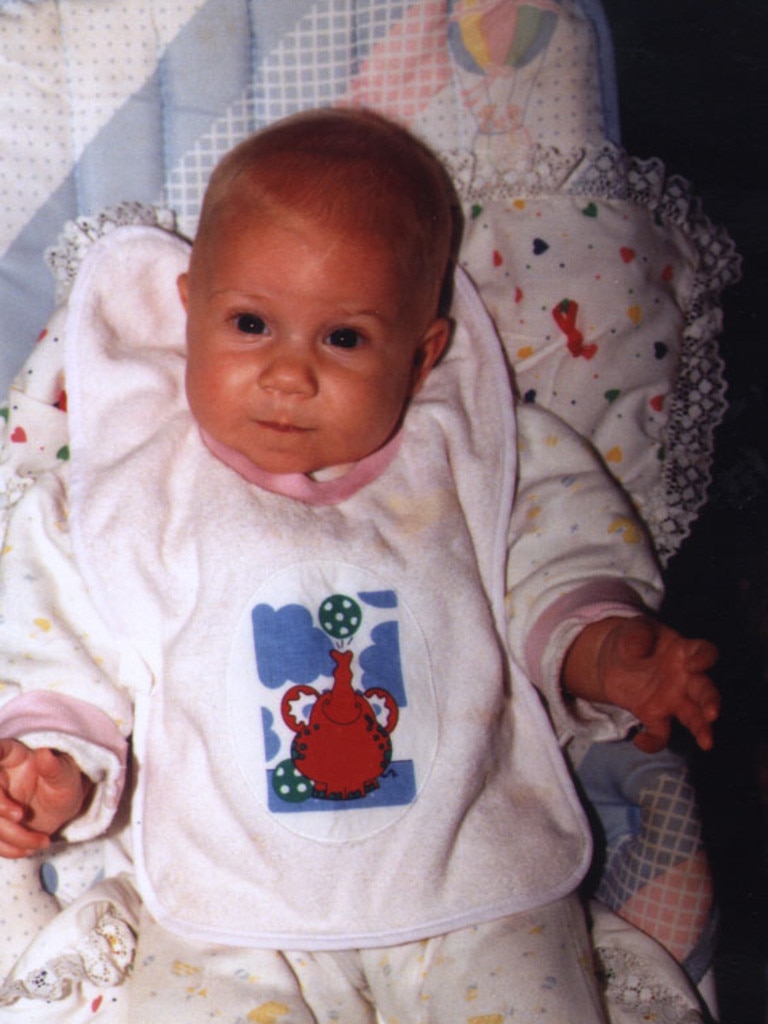
He also confirmed he would refer the matter to the Court of Criminal Appeal.
“I will also, as requested by Ms Folbigg, refer the matter … to the Court of Criminal Appeal … for consideration of the question of whether the convictions should be quashed,” Mr Bathurst said.
If the court decides to grant an appeal, and if that appeal is successful, Ms Folbigg’s convictions will be officially overturned.
The inquiry found there was “reasonable doubt” as to her guilt as a result of new evidence.
After hearing the evidence, Mr Bathurst concluded that there was an identifiable cause for the deaths of Patrick, Sarah and Laura.
Mr Bathurst said Patrick likely died from a neurogenetic disorder rather than suffocation, which was the original cause of death determined.
“Once that conclusion is reached, any probative force of the coincidence and tendency evidence is substantially diminished,” Mr Bathurst stated in the report.
“Further, I have concluded that the relationship Ms Folbigg had with her children does not support the inference that she killed them.
“Although no identifiable cause of Caleb’s death was identified, the matters to which I have referred in the previous paragraph mean that in his case the reasonable possibility that he died of unknown natural causes has not been excluded.”
The Australian Academy of Science had acted as an independent scientific adviser to the second Folbigg inquiry.
The Academy’s Chief executive Anna-Maria Arabia thanked the NSW justice system for adopting mechanisms to have science comprehensively heard.
“The Australian Academy of Science welcomes today’s report by former chief justice of NSW Tom Bathurst AC KC confirming reasonable doubt regarding the convictions of Kathleen Folbigg,” Ms Arabia said.
“The question must now be asked: How do we create a more science-sensitive legal system so that decisions in the justice system can be routinely informed by reliable evidence especially when it involves an understanding of complex and emerging science.”
Ms Arabia said having experts from a range of areas provided a “spectrum of views” about the evidence before the second inquiry.
“What we saw for the first time was presentation of psychological and psychiatric evidence that looked at the interpretation of Kathleen Folbigg diaries,” she said.
“Let’s remember that those diaries — circumstantial evidence, that is — was held in higher regard than scientific data, even though there were never any experts in those areas of psychology and psychiatry who had previously provided evidence.
“So what we saw in the second inquiry was the broadest and deepest presentation of science from across experts.
“We saw an interpretation of those diaries that was comprehensive.
“We saw deep and extensive analysis of the genetic mutations held by the two Folbigg girls and by Kathleen Folbigg herself, and the significance of those.
“And the overall scientific picture that was presented was comprehensive.”
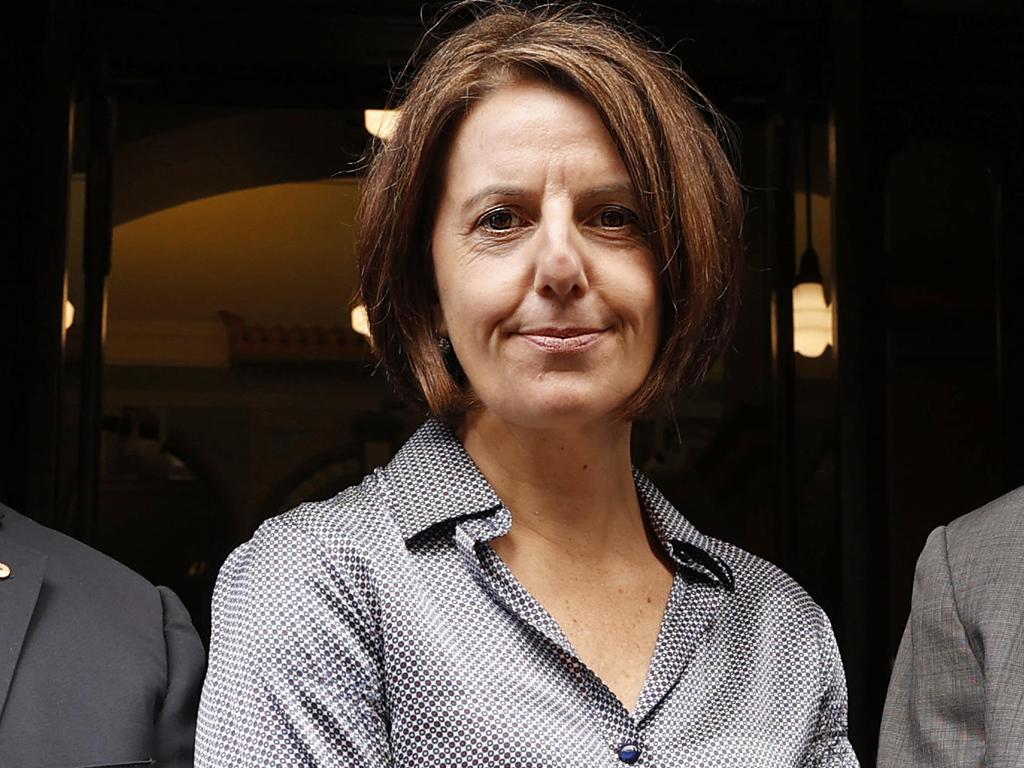
Following the release of the report on Wednesday, NSW Greens MP Sue Higginson called for further reform to ensure people could receive justice after a wrongful convictions.
“The report shows unequivocally a system that failed Ms Folbigg,” Ms Higginson said.
“She spent 20 years in prison, when she consistently maintained her innocence and there was always actual doubt about her guilt.
“The post criminal conviction review system in NSW is antiquated, loaded with discretion and in desperate need of reform and Ms Folbigg’s case is testament to that.
“The system failed Ms Folbigg every step of the way, even up until the last minute when the Attorney-General didn’t take steps to pardon her as soon as the evidence and submissions that showed doubt of her guilt were on the table.
“It is unacceptable that NSW doesn’t have a modern, accessible and fair system of post conviction review and those who claim they are wrongly convicted must beg the Attorney-General to pardon them.”
In a brief statement, a spokeswoman for the Attorney-General said: “As Mr Bathurst has referred Ms Folbigg’s matter to the Court of Criminal Appeal, it would be inappropriate for the Attorney-General to comment further.”
Ms Arabia said she hoped the Folbigg inquiry would lead to law reform that reflected a more “science sensitive legal system to ensure those miscarriages of justice do not occur”.
“We really do need a reliability standard to be established so that the court is being informed by reliable evidence, not by opinion,” she said.
“We really do need the independent selection of experts so that the courts are not hearing from the expert who might be available, the person who might not be the most qualified person in a particular field.
“And we really do need a mechanism to deal with complex and emerging science because science is emerging every day and that new information helps us inform the justice system and overturn some of these miscarriages of justice.
“What we’ve seen in other parts of the world through the introduction of reforms like that, they have seen a decrease in the number of miscarriages of justice.
“That is an ideal we should all aspire to.”
During the original trial, prosecutors used Ms Folbigg’s diaries to prove her guilt about killing her children.
However, experts told the inquiry the diary entries showed Ms Folbigg was a mother grieving the deaths of her children rather than a person expressing guilt through her words.
Mr Bathurst agreed and did not “regard the diaries as containing reliable admissions of guilt”.
Ms Folbigg’s solicitor, Rhanee Rego, welcomed the report as “another significant positive milestone” for her client’s legal battle to clear her name.
“Today, and every day, Kathleen’s thoughts are with her children,” Ms Rego said.
“Mr Bathurst found in the report that Ms Folbigg was ‘a loving and caring mother’.
“This finding reinforces a personal truth that Kathleen has held in her heart for more than two decades.”
Under the pardon, Ms Folbigg’s convictions are not quashed, but she will not have to serve the rest of her sentence.
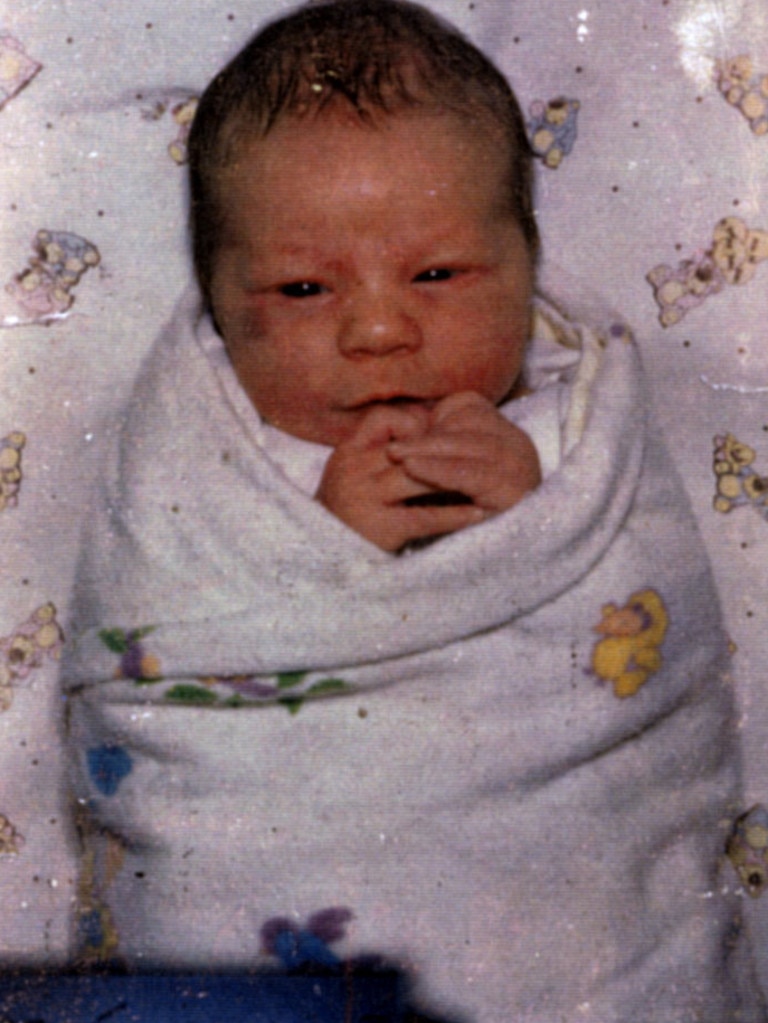
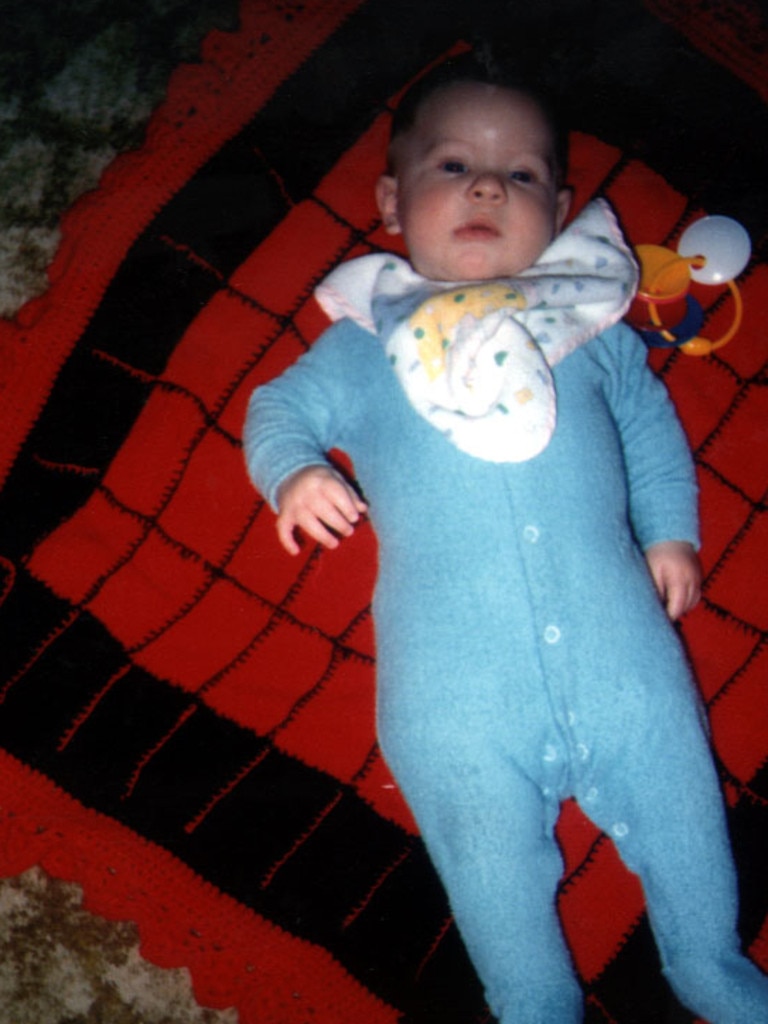
Ms Rego said her client would now prepare her case for the Court of Criminal Appeal to overturn her convictions.
“We welcome Mr Bathurst’s conclusion that he has reasonable doubt about Ms Folbigg’s convictions and his referral of the matter to the Court of Criminal Appeal,” Ms Rego said.
“We thank Mr Bathurst and counsels assisting Ms Callan SC, Ms Roy and Ms Wootton for their work to review comprehensively and objectively Ms Folbigg’s case.
“We also thank the solicitor team assisting the inquiry and all the staff for their professionalism and contribution to the inquiry.
“We look forward to standing with Ms Folbigg in the Court of Criminal Appeal in due course.”
Ms Folbigg was originally convicted in May 2003 of the deaths of her four children and malicious infliction of grievous bodily harm upon one of the children between February 20, 1989 and March 1, 1999.
The inquiry received 45 volumes of documentary evidence, including the transcript of Ms Folbigg’s trial and all the evidence tendered at the trial.
Ms Folbigg never gave evidence at her 2003 trial.
Mr Bathurst also received all the material that was before the 2019 inquiry into Ms Folbigg’s convictions.
This first inquiry concluded the evidence as a whole, including Ms Folbigg’s evidence in person about her diaries, reinforced her guilt.
However, following the latest research into the rare genetic mutation, the NSW Governor ordered the second inquiry into Ms Folbigg’s convictions.
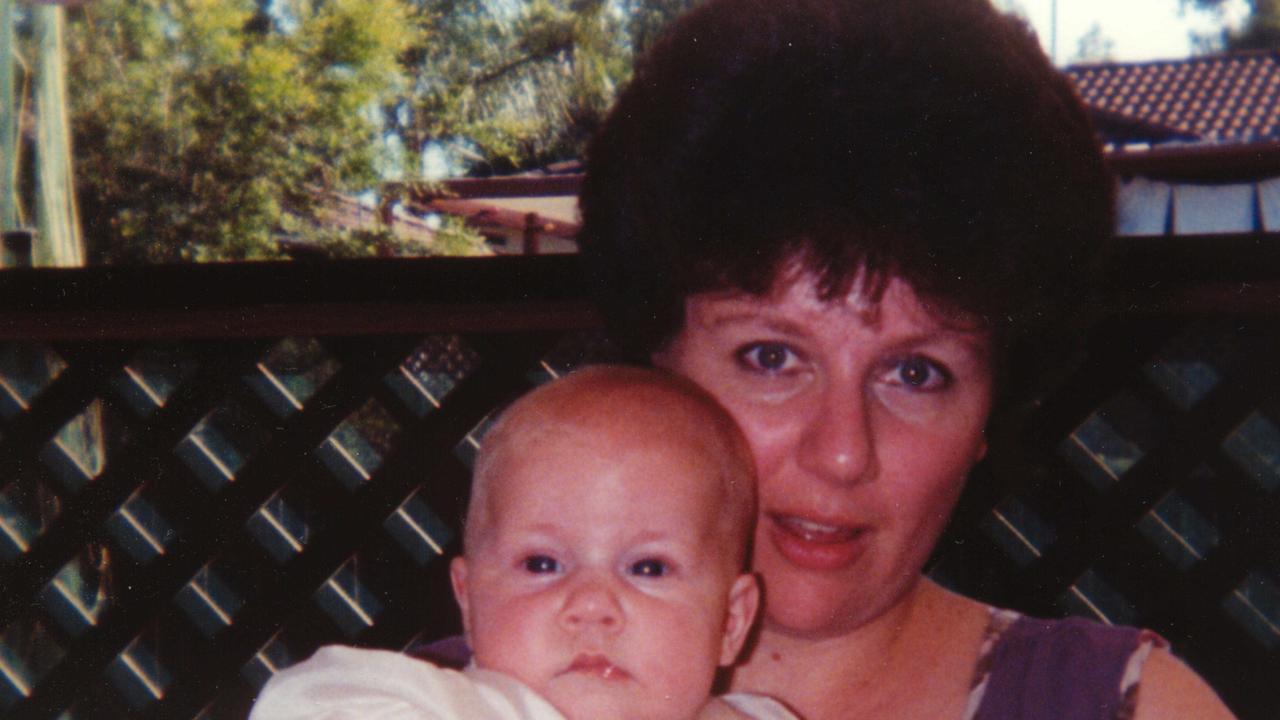
A considerable body of medical and scientific evidence was also tendered in the 2023 inquiry, dealing with the question of whether the genetic variant identified in Sarah and Laura was capable of causing their deaths.
“A number of highly renowned clinicians and researchers gave evidence on this question,” Mr Bathurst stated in his report.
“Evidence was also adduced from forensic pathologists as to the children’s health and their deaths.
“Evidence was also given by a highly qualified pediatric neurologist and a pediatric intensivist as to the causes of Patrick’s apparent or acute life-threatening event and death.
“There was also a body of psychiatric and psychological evidence directed to the question of whether the diary entries, said to constitute admissions, were otherwise explicable having regard to Ms Folbigg’s mental state at the time.”
The Academy’s president, Chennupati Jagadish, said science was pivotal in finding out the truth about the four children’s deaths.
“Science needs to inform decisions wherever they are made, including in the justice system and the second Folbigg inquiry benefited from the Academy being appointed an independent scientific adviser,” Professor Jagadish said.






